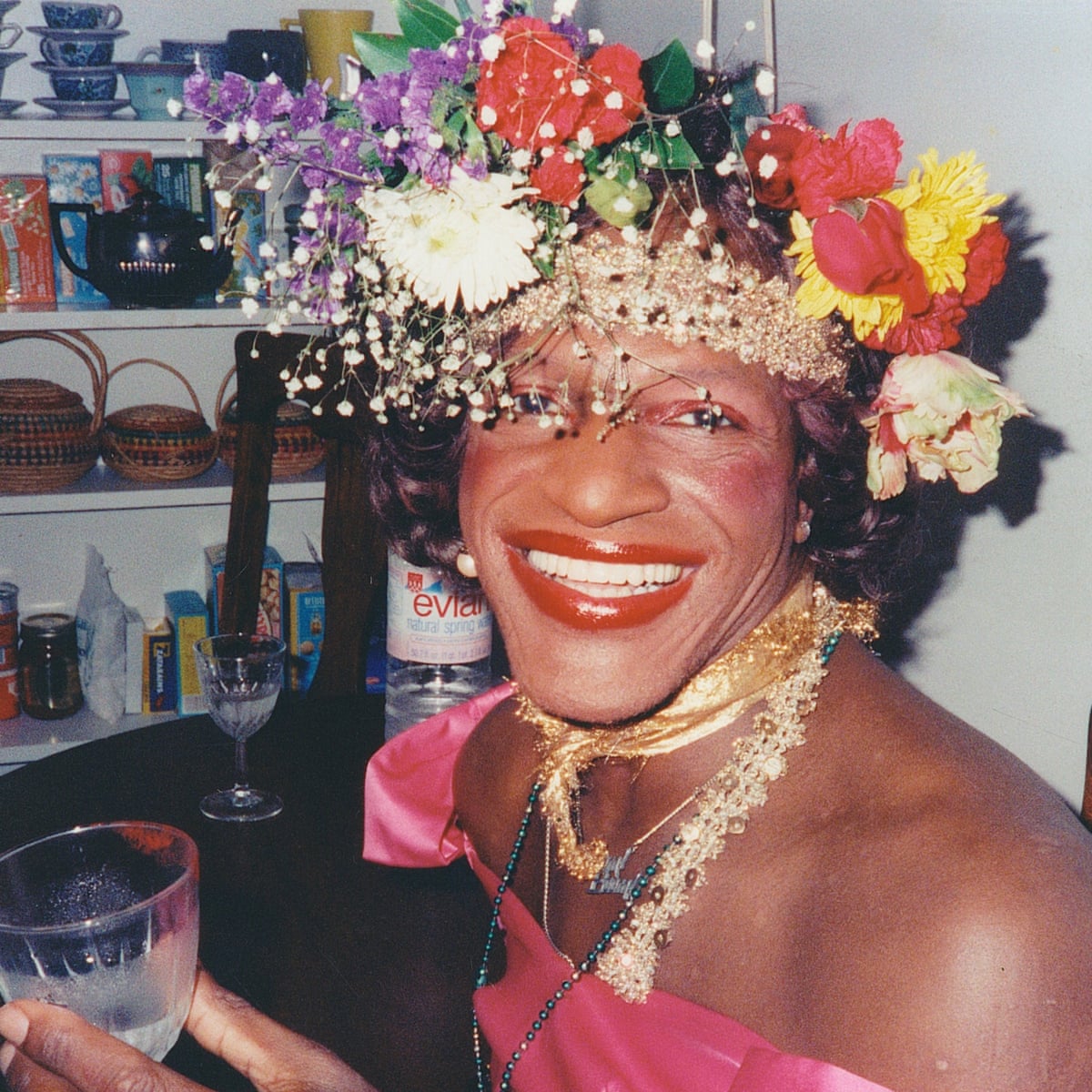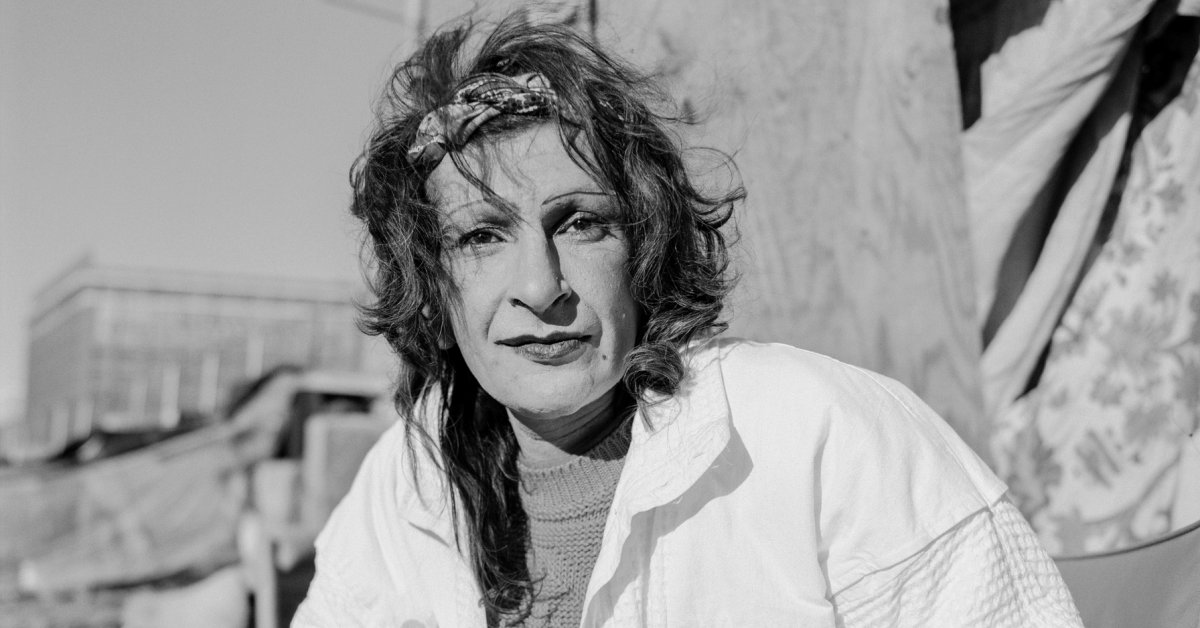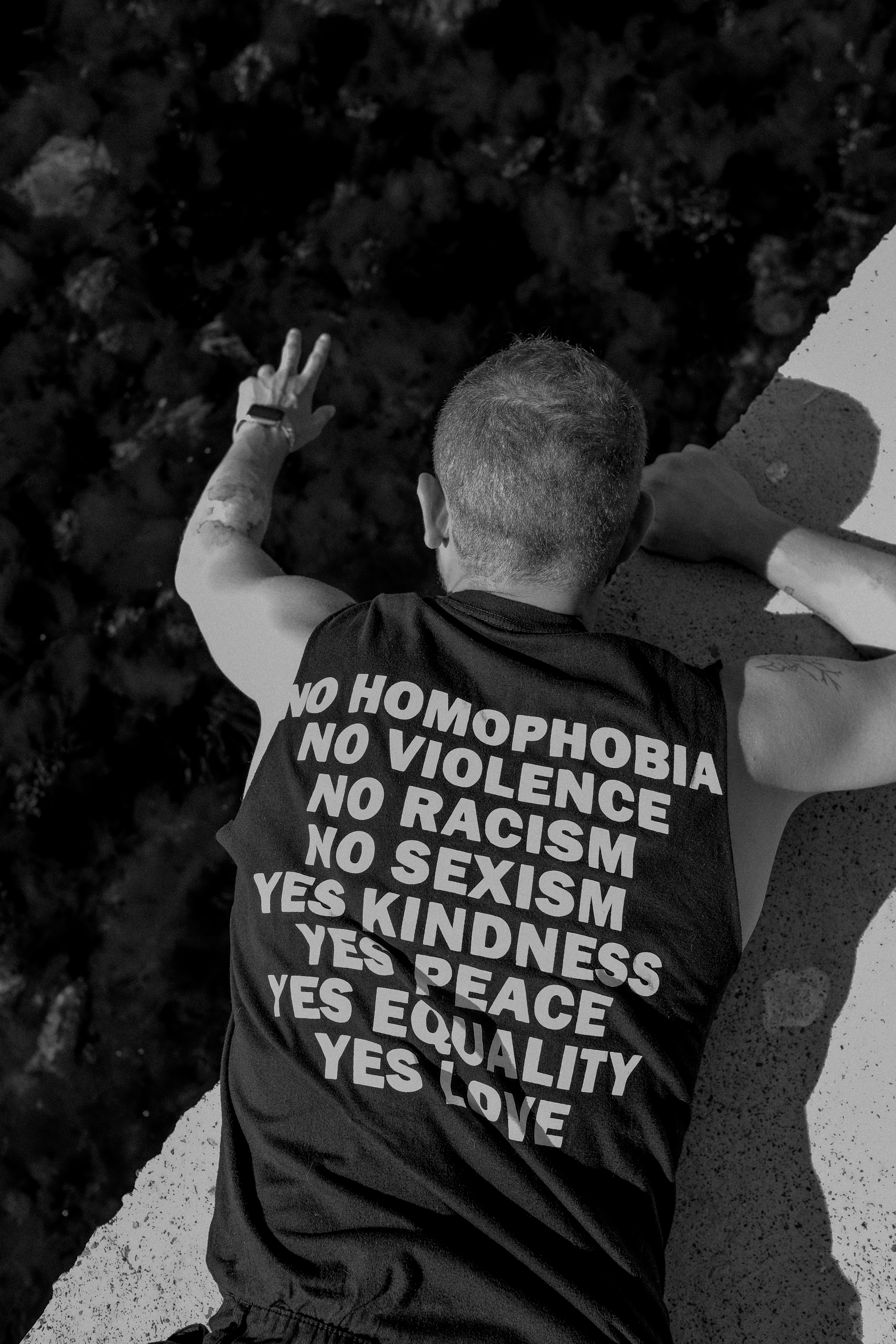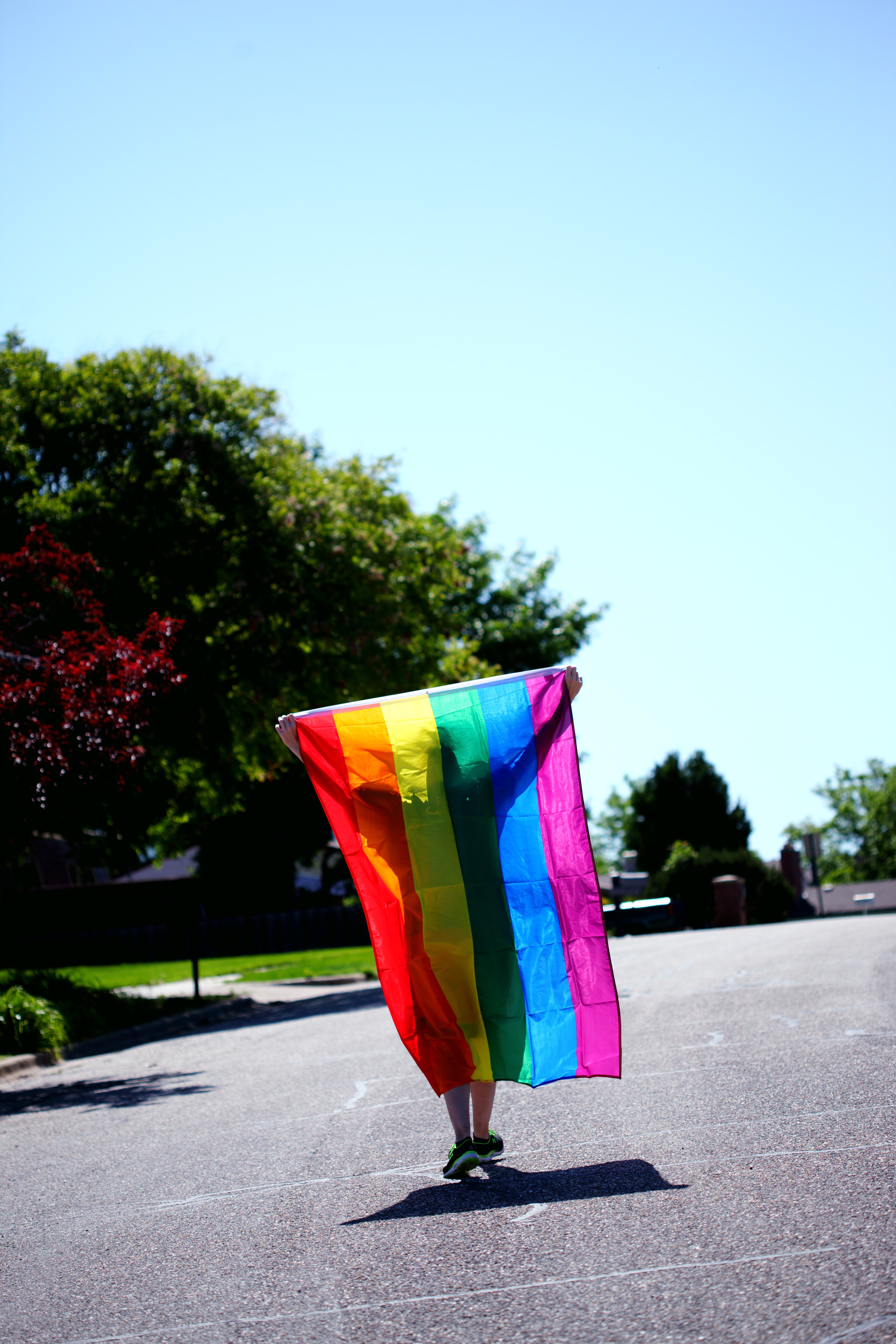It’s the 50th anniversary of Pride Month this 28 June! Since its inception, this colourful month is dedicated to uplifting LGBTQIA+ voices, culture and rights. Despite the increasing acceptance of non-mainstream sexual identities, many are not aware of Pride’s origin, true meaning and purpose. So grab your rainbow flag, sit tight, and follow us as we discuss all things Pride.
What is Pride?
To put it simply, Oxford Languages defines Pride as:
Pride
[prahyd] /prʌɪd/ Noun
1. Consciousness of one’s own dignity.
2. Confidence and self-respect as expressed by members of a group, typically one that has been socially marginalised, on the basis of their shared identity, culture, and experience.
However, the celebration of Pride is more than just recognising and embracing one’s true self. It’s about ending a harmful social stigma, demanding equality, and shining light on the discriminatory prejudice that marginalised communities face. Although it is known to celebrate the LGBTQIA+ community, the festival welcomes people of all cultures, backgrounds, and identities to fight for equal rights and equal justice that we all deserve.
How did Pride Month begin?
The 1960s and foregoing decades were unaccepting times for the LGQTQIA+ community, leading them to seek refuge in gay bars and clubs where they could express themselves freely. For such reasons, these underground establishments would endure many raids and brutality at the hands of legal authorities. One of them would eventually go down in history as the birthplace of Pride.
In the early hours of 28 June 1969, the Stonewall Inn in New York City was raided by law enforcement. Armed with a warrant, police officers entered the bar demanding to perform a physical examination to ‘check the sex’ of the bar’s customers in suspicion of violating the state’s gender-appropriate clothing statute. After resisting, employees and patrons were roughly hauled out of the bar by police, sparking a riot amongst neighbourhood residents and bar patrons. Within minutes, hundreds of people had gathered to participate. The protest went on for six days and involved violent clashes with law enforcement.


Marsha P. Johnson was one of the driving forces behind the riot and a prominent figure in the LGBTQIA+ community. As a Black transexual woman who was celebrating her 25th birthday during the riot, Johnson is known to be one of the few who threw the first punch at the Stonewall Inn. Fighting alongside Johnson was Sylvia Rivera, a drag queen and major advocate for transgender rights who committed her life to housing homeless youth in the community. They were just two of the many participants who inspired generations with their bravery.
A year after the Stonewall Riot, bisexual activist Brenda Howard organised the first Pride March that was held on the same street as the Stonewall Inn. Originally named ‘Christopher Street Liberation Day March’, the event had an element of celebration and protest. The official chant was, ‘Say it loud, gay is proud’. Howard organised another event in the following year—and soon, Pride parades came to be held annually across the globe.
Why do we celebrate Pride?

Pride is celebrated for many reasons. Ultimately, it’s a reminder that homophobia and transphobia are very much alive despite how far we’ve come in terms of accepting differences. The discrimination that LGBTQIA+ communities face span across the spectrum from alienation to harmful comments—we’ve lost many precious lives and these communities continue to live in fear for simply not fitting into traditional social norms. Homophobia and transphobia are pandemics we’ve endured long before the emergence of Covid-19.
Malaysia is a clear example of why Pride is needed. The Malaysian law deems any participation of homosexuality as illegal and punishable by up to 20 years of imprisonment, caning, fines, and deportation. Without further explanation, these incidents speak for themselves:
In 1994, the Islamic Badar vigilante groups had organised to assist in the arrest of 7,000 individuals for engaging in homosexuality.
In 2010, the Film Censorship Board of Malaysia announced they would only allow depiction of homosexual characters in the exception that they die or repent.
In 2018, two women were convicted for attempting lesbian sex. They were fined RM3,300 and caned six times in front of an audience.
In 2019, a gay bar in Kuala Lumpur was raided by authorities and religious enforcement officials, while a transgender woman was violently assaulted by assailants in Seremban.
These are just some of the many discriminatory incidents that the local LGBTQIA+ community has endured, excluding the unreported cases of abuse, due to lack of protection and empathy from legal authorities. The taboo treatment of non-conforming identities have forced individuals to attend conversion camps aimed at changing their sexual orientation through dangerous practices. Internalised homophobia has become prevalent in the community and affected individuals feel the need to openly discriminate against homosexuals to ‘prove’ that they are straight.
It is clear that this unjust behaviour against the LGBTQIA+ community has driven many victims to extreme measures in order to suppress their true identities. Is this all necessary for the sake of maintaining traditional ‘normality’ within our society? We have come a long way since the emergence of Pride in 1969. However, we’ve still got miles to go—and that is precisely why we celebrate Pride Month.
What can you do to celebrate?

Educate yourself
As Pride is considered a taboo conversation within our society, it is up to you to seek reliable information on the movement. Make the effort to find out the reality that LGBTQIA+ communities face and what you can do to help them thrive. Once you’ve gathered enough information, spread it amongst others to raise awareness and normalise the conversation.
Get involved
Participate in legal rallies and speak up against homophobia and transphobia. More than anything, the community needs a shared voice to get the message out into the world. Let it be known that you are with them in their fight for equality and that they are not alone.
Donate
Many individuals in the community are ostracised by their families and left to fend for themselves after their sexual identity is revealed. Some have developed life threatening diseases, such as HIV and AIDS, and are in need of medical treatment they cannot afford. Organisations supporting these individuals are crucial in their survival, but they need your help to keep their work alive. If you’d like to help, you can donate to JusticeForSisters, Seed Foundation, or PT Foundation.
Support queer-owned businesses and talents
Due to discrimination, queer-owned businesses, talents, and creatives have a harder time building their name and gaining supporters. In Malaysia, they are at risk of legal consequences for simply existing. In the month of Pride as well as the months to come, let them know there are people out there rooting for their success by showing them some love and support.
To read more about Pride Month, click here.
| SHARE THE STORY | |
| Explore More |




